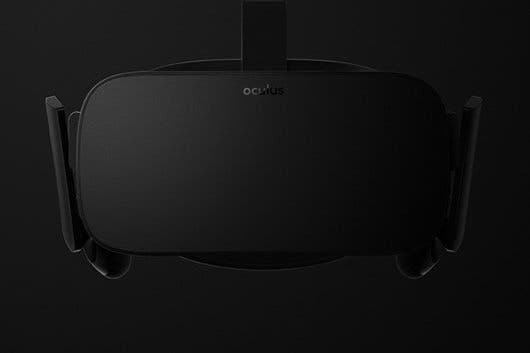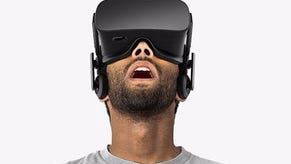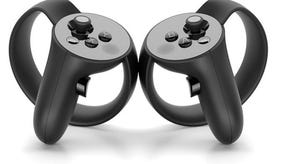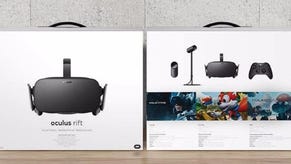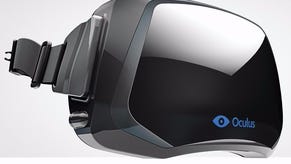Oculus Rift recommended specs confirmed
Bad news for laptops.
Oculus has announced its recommended specifications for the consumer version of its virtual reality headset.
Here's what you need for "the full Rift experience", Oculus said:
- Nvidia GTX 970 / AMD 290 equivalent or greater
- Intel i5-4590 equivalent or greater
- 8GB+ RAM
- Compatible HDMI 1.3 video output
- 2x USB 3.0 ports
- Windows 7 SP1 or newer
"The goal is for all Rift games and applications to deliver a great experience on this configuration," Oculus said.
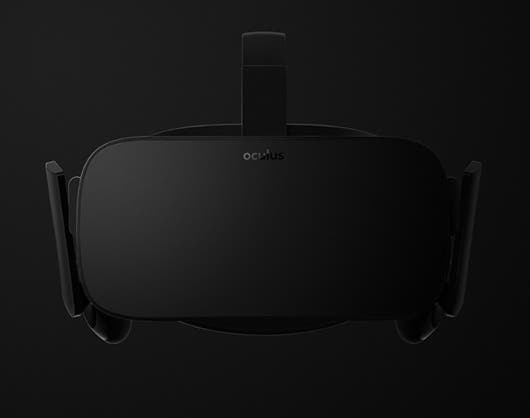
"Ultimately, we believe this will be fundamental to VR's success, as developers can optimise and tune their game for a known specification, consistently achieving presence and simplifying development.
"All of the games and applications for the Rift created by Oculus will provide an incredible experience on this system."
In a blog post, Atman Binstock, Oculus chief architect, expanded on the news, saying the configuration announced today will be held for the lifetime of the Rift and should drop in price over time, meaning more people will have systems capable of running the headset.
The Rift runs at a 2160x1200 resolution at 90Hz split over dual displays. This consumes 233m pixels per second, Binstock said. But at the default eye-target scale, the Rift's rendering requirements go to around 400m shaded pixels per second.
"This means that by raw rendering costs alone, a VR game will require approximately 3x the GPU power of 1080p rendering," he said.
Unfortunately, it looks like Rift won't work with laptops - for now.
"Many discrete GPU laptops have their external video output connected to the integrated GPU and drive the external output via hardware and software mechanisms that can't support the Rift," Binstock explained.
"Since this isn't something that can be determined by reading the specs of a laptop, we are working on how to identify the right systems. Note that almost no current laptops have the GPU performance for the recommended spec, though upcoming mobile GPUs may be able to support this level of performance."
Meanwhile, Binstock said development for OS X and Linux had been paused in order for Oculus to focus on a launch on Windows. "We want to get back to development for OS X and Linux but we don't have a timeline," he added.
Oculus Rift launches during the first quarter of 2016. A price has yet to be announced.
